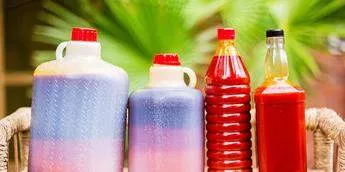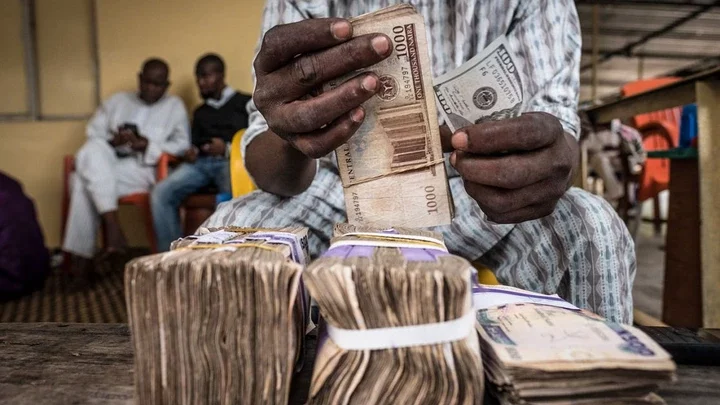
An essential good with major economic significance is African palm oil. The African palm oil sector may prosper and improve the lives of people and the environment at the same time by adopting sustainable methods and tackling these issues.
Palm oil is a versatile and widely-used ingredient in many products we use daily, due to its high melting point and relatively low cost.
The production of palm oil has resulted in devastating environmental damage and human rights abuses, despite providing income to rural communities in poorer nations.
Indonesia is the largest producer of palm oil, followed by Malaysia and Thailand, with several other African and South American countries also producing significant amounts.
Palm oil has become an essential ingredient in various products we use daily, from food to cosmetics and even biofuels. It is a versatile and inexpensive vegetable oil, and demand for it has skyrocketed in the past few decades. However, palm oil production has also been linked to environmental damage and human rights abuses. Despite these concerns, palm oil production remains an important industry providing jobs and contributing to economic growth in many countries, including several in Africa.
Here are the top 10 African countries producing palm oil, according to data from the World Agricultural Production
Nigeria: With a production of 1.4 million metric tons, Nigeria is the fifth-largest producer of palm oil in the world and the top producer in Africa. The country has a long history of palm oil production and is well-suited for its cultivation due to its tropical climate.
Cote d'Ivoire: Also known as Ivory Coast, this West African nation produced 600,000 metric tons of palm oil in the latest estimates. Palm oil is one of the country's main agricultural products, and the government is investing in expanding the industry.
Cameroon: Cameroon is another West African country that has been producing palm oil for decades. It is the 12th-largest producer in the world, with an output of 465,000 metric tons.
Ghana: Ghana's palm oil industry is still relatively small, with a production of 300,000 metric tons. However, the government has identified it as a priority sector for development, and investments are being made to expand the industry.
Congo (Kinshasa): Also known as the Democratic Republic of Congo, this country produced 300,000 metric tons of palm oil in the latest estimates. The industry has faced challenges due to political instability and a lack of infrastructure.
Sierra Leone: Sierra Leone produced 75,000 metric tons of palm oil in the latest estimates. The industry has been growing in recent years, and the government is promoting it as a way to diversify the country's economy.
Angola: Angola produced 55,000 metric tons of palm oil in the latest estimates. The industry has faced challenges due to a lack of investment and infrastructure, but the government is working to promote it as a priority sector.
Guinea: Guinea produced 50,000 metric tons of palm oil in the latest estimates. The industry has potential for growth, and the government is working to promote it as a way to create jobs and increase exports.
Liberia: Liberia produced 45,000 metric tons of palm oil in the latest estimates. The industry has been growing in recent years, and the government is investing in expanding it.
Senegal: Senegal produced 14,000 metric tons of palm oil in the latest estimates. The industry is still in its early stages, but the government is promoting it as a way to reduce the country's dependence on food imports.

















Comments